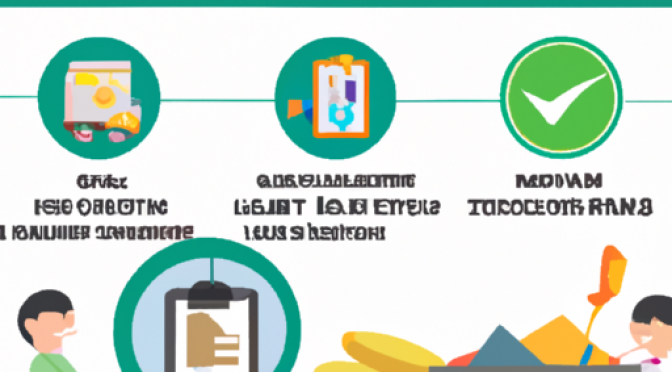What is a waste audit and how does it contribute to waste reduction?
A waste audit is a method that helps to identify and analyse the amount and composition of waste generated during production processes. This process allows businesses to better understand the causes and sources of waste generation and to identify more effective waste management strategies.
During a waste audit, companies review their production processes, from the sourcing of materials to the manufacture of the product and the distribution of the final product. The audit records the type, quantity and location of waste. They then analyse the data to identify the main causes of waste generation and determine more efficient waste management methods.
The benefits of a waste audit include waste reduction and cost savings. As a result of the audit, businesses may be able to identify areas where waste is generated and look for opportunities to reduce or recycle waste. They can then reduce the cost of landfilling and optimise production processes.
Waste audits also contribute to sustainability and environmental protection. Based on the sources of waste identified in the audit, businesses may be able to take environmentally friendly measures, such as recycling programmes or optimising production processes to reduce waste. In this way they can reduce negative impacts on the environment and contribute to sustainable development.
Overall, waste audits are an effective way for businesses to reduce waste and promote sustainability. It can help businesses to better understand the causes and sources of waste and to identify more effective waste management strategies. In this way they can reduce the cost of waste disposal, optimise production processes and contribute to sustainable development.
∑: reduce, identify, production, processes, businesses, contribute, causes, sources, effective
